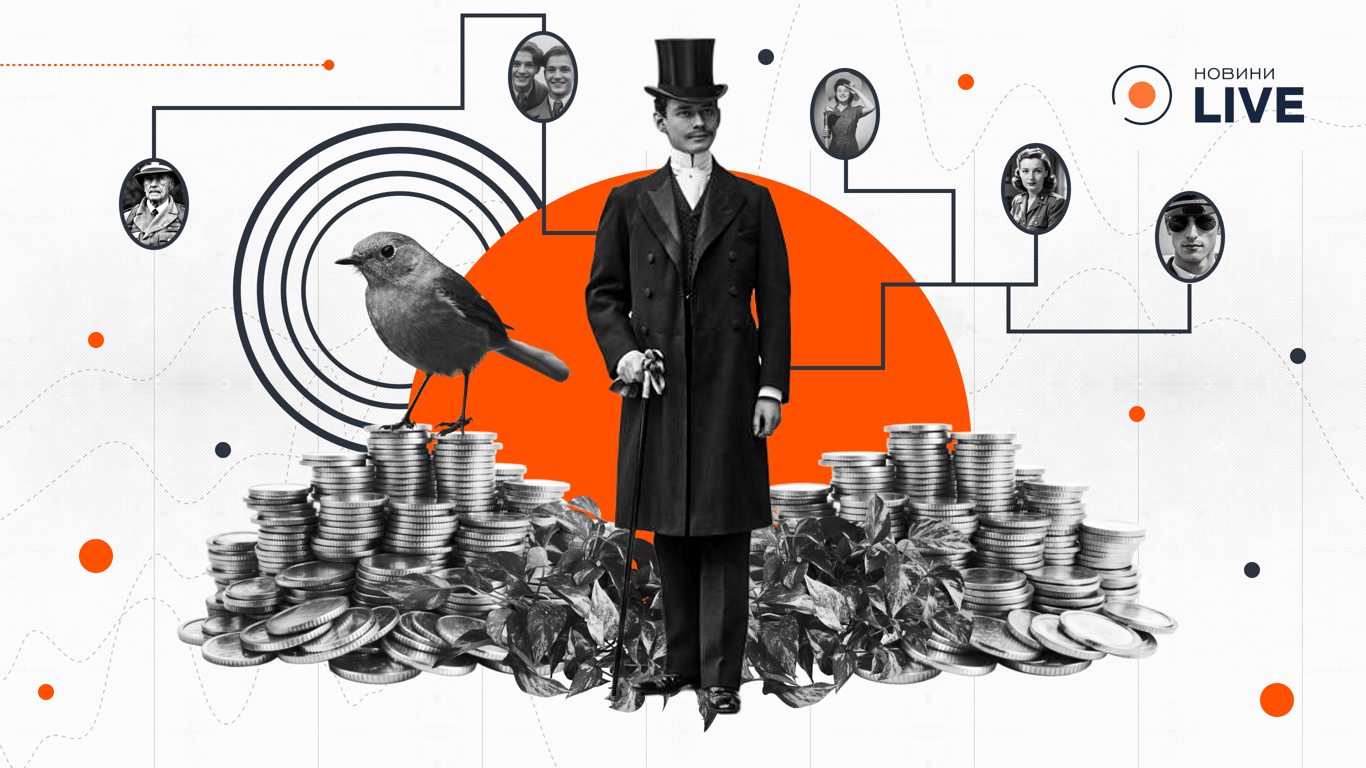Goldman Sachs warns of the inevitable depreciation of the US dollar.


According to Goldman Sachs chief economist Jan Hatzius, foreign investors may start losing interest in assets denominated in US dollars if the currency does not continue to depreciate. He also noted that even in the absence of a significant economic downturn, a decline in the popularity of the dollar is expected.
Goldman Sachs chief economist Jan Hatzius stated that foreign investors may cease to be interested in assets in US dollars if the currency does not continue to depreciate. He also predicts that even without a significant economic downturn, the popularity of the dollar will decrease.
Hatzius stated in his interview with Reuters: 'The dollar is still very expensive. I expect foreign investors to be less interested in increasing their share of US-related assets.'
Hatzius pointed out that foreign investors will be less interested in increasing their stake in US-related assets due to the high value of the dollar.
He also indicated that while the US has advantages over Europe, such as higher productivity, the effectiveness of the country is starting to decline, which could affect currency markets.
He also noted that while the US has advantages over Europe, such as higher productivity, the effectiveness of the country is beginning to deteriorate, which may affect currency markets.
The dollar is expensive due to the current account deficit in the US, which exceeds a trillion dollars. This situation means that the country relies on external demand to finance its trade deficit.
The dollar is expensive because the US has a current account deficit of over a trillion dollars. This situation means that the country relies on external demand to finance its trade deficit.
However, as foreign investors already hold a significant share of US assets, it will be harder for them to meet their financing needs without a depreciation of the dollar.
However, since foreign investors already hold a significant amount of US assets, it will be more difficult for them to meet their financing needs without a depreciation of the dollar.
According to Goldman Sachs, the dollar index has fallen by 9% since the inauguration of US President Donald Trump due to his tariff plans, which have caused alarm among investors and negatively impacted financial markets.
According to Goldman Sachs, the dollar index has decreased by 9% since the inauguration of US President Donald Trump due to his tariff plans, which have alarmed investors and negatively affected financial markets.
The company also forecasts that US economic growth in the fourth quarter will slow to 0.5% compared to the previous year. Therefore, Goldman Sachs plans to cut the interest rate three times by 25 basis points in June, July, and September.
Goldman Sachs predicts that US economic growth in the fourth quarter will slow to 0.5% compared to the previous year. For this reason, Goldman Sachs plans to lower the interest rate three times by 25 basis points in June, July, and September.
It is projected that the gross domestic product level for the first quarter will be very low - around 0.3% compared to 2.4% in the fourth quarter. Such data will be published by Reuters according to its own research.
It is expected that the gross domestic product level for the first quarter will be very low - about 0.3% compared to 2.4% in the fourth quarter. This was reported by Reuters citing its own research.
Hatzius also noted that in the absence of tariffs, the Federal Reserve would be ready to lower rates.
Hatzius also noted that in the absence of tariffs, the Federal Reserve would be ready to lower interest rates.
Analysis:
Goldman Sachs chief economist Jan Hatzius predicts that foreign investors may reduce their interest in US dollar-denominated assets if the currency does not continue to depreciate. He explained that since the dollar is expensive, the total amount of American assets already held by foreign investors is large, and it will be difficult for them to meet their financing needs without currency depreciation. He also noted that the effectiveness of the US is beginning to decline, which may affect currency markets.
Read also
- Selling an apartment - how not to lose everything due to one clause in the agreement
- Cultural Code of Money — How the Past Influences Finance
- Power outage schedules in Odessa - will they be applied tomorrow
- Prices are creeping up — which product has increased the most
- Booking at Work – Which Data the Company Needs
- The 1,000 Euro Banknote - Does It Really Exist?









